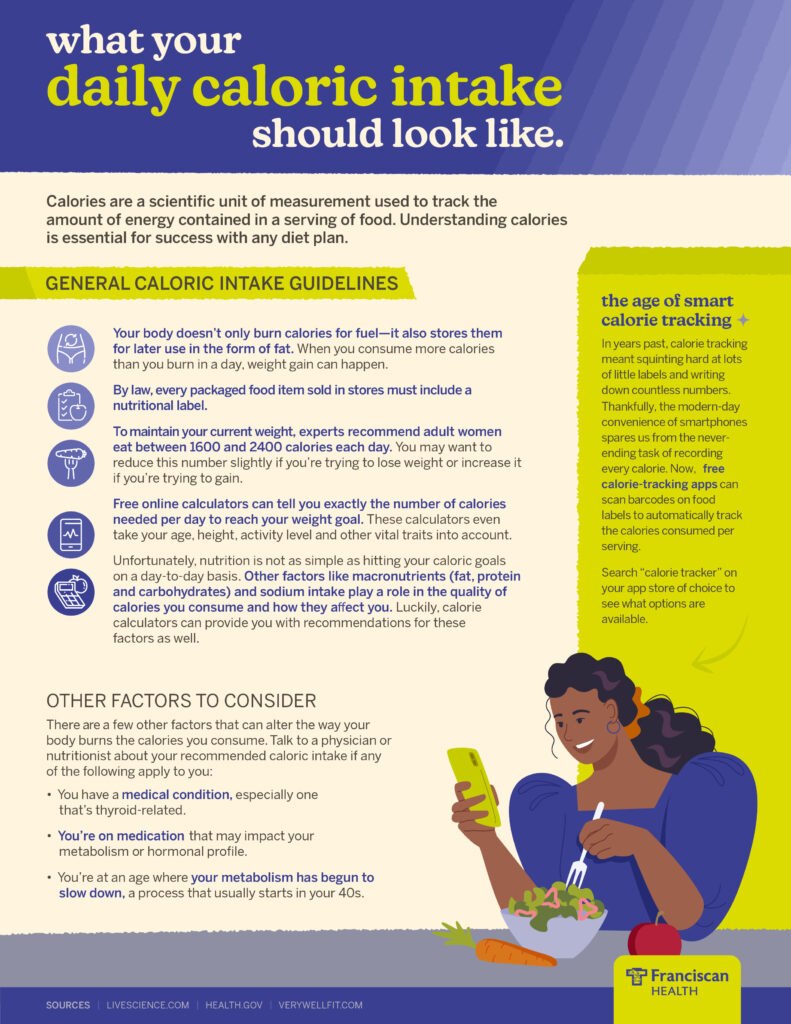Have you ever heard of Stockholm Syndrome?
As many know, it’s a psychological response named after an infamous bank robbery that took place in Stockholm, Sweden. The robbers held hostages in the bank for six days until the situation was finally diffused by law enforcement. Afterward, some of the people taken hostage refused to testify against the robbers. A few even set out to fundraise for the robbers’ legal defense funds. For some strange and confounding reason buried deep in the human psyche, the hostages had become sympathetic to the captors who threatened their lives.
While still not fully understood, the actions of those taken hostage in Stockholm provide unique insight into the minds of people who choose to remain with their abusers. People trapped in these relationships may feel like they’re being held hostage by a person that they genuinely love. Rather than growing more distant as the abuse continues, they grow more attached.
Here are some critical tips to help you recognize when you or a loved one are engaged in an abusive relationship.
Not All Domestic Abuse is Violent
Mental images of a bruised and battered housewife usually leap to mind when the words “domestic abuse” are spoken aloud. But not all abuse is physical.
Oftentimes, domestic abuse is much more subtle. It can also be mental, emotional, social or sexual. One partner may prey on the other’s insecurities to gain more control, or they may go out of their way to cause friction between family members in order to further isolate their victim. Be aware if a friend’s self-esteem takes a nosedive when they start dating someone new—or if they shut themselves off from everyone who’s not their partner. These are two huge red flags that domestic abuse may be taking place.
Domestic Abuse Includes Aftercare
Most abusers don’t bombard their victims with endless streams of suffering. Instead, their abuse comes in cycles that include giving apologies, making promises to change and showering their victims with affection.
Unfortunately, a victim’s fondness for their partner may lead them to disregard the negative treatment in favor of the positive aftercare they then receive. Some speculate that, subconsciously, domestic abuse victims grow addicted to the intense rollercoaster of emotions that abusers create. If you have a friend who is frequently having serious issues with their significant other only to “make up” again and again, they may be a victim of domestic abuse.
How to Break the Cycle
Sometimes, the sincere support of loved ones is enough to break someone free from the cycle of domestic abuse. More commonly, expert intervention is required. If you believe that you or a loved one are suffering from domestic abuse, call the National Domestic Abuse hotline at 800-799-7233. The professional who answers your call is equipped with the knowledge and resources to help.
Not a member?
Join for FREE!
Enjoy encouraging, motivating, uplifting content created just for women like you, all from the health care name you trust: Franciscan Health.















